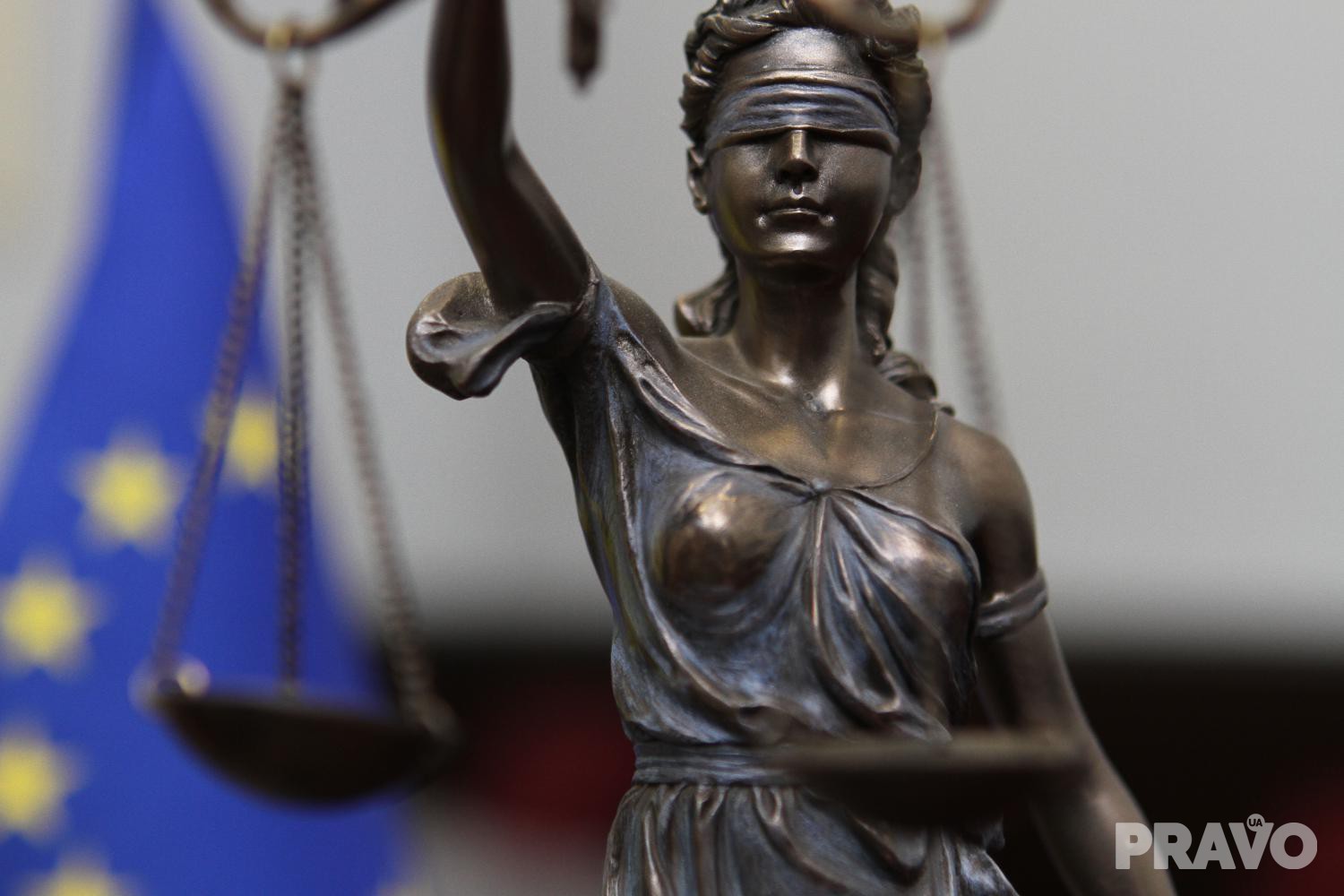active and purposeful military lawyer with more than 4 years of experience
Investigative experiment: Finding the truth step by step
Introduction
An investigative experiment is an integral part of criminal proceedings, which allows you to establish the truth and obtain additional evidence in the case. This is a complex procedure that requires careful preparation and meticulous attention to detail. In this article, we will consider the essence, purpose and key stages of the investigative experiment, as well as the features of its conduct.
The essence and purpose of the investigative experiment
An investigative experiment is an investigative (investigative) action during which an investigator, prosecutor, investigative judge or court recreates the actions, setting, and circumstances of a certain event that are important for criminal proceedings, in order to verify and clarify information that is important for establishing the circumstances criminal offence.The main purpose of the investigative experiment is to check the testimony obtained during other investigative (search) actions, as well as to clarify the circumstances of the crime, to check the possibility of perceiving certain facts, to reproduce the mechanism of the event, to check the possibility of committing certain actions, etc. The investigative experiment allows you to obtain additional evidence in the case, as well as to check and clarify the already existing ones.
Conducting an investigative experiment can also contribute to:
Establishing the location of material evidence;
Checkers of the versions put forward during the investigation;
Establishing the psychological state of the suspect;
Obtaining information about the method, place, time and other circumstances of committing a criminal offense.
Stages of an investigative experiment
Conducting an investigative experiment includes several key stages:
Preparatory stage
At this stage, the investigator thoroughly prepares for the experiment - determines the purpose, place and time of its implementation, attracts the necessary participants (suspect, victim, witnesses, etc.), decides the issue of ensuring the safety of the participants, prepares the necessary equipment and materials. It is important to clearly define the limits of the experiment and draw up a plan for its implementation.
Preparation of the place of the experiment
The investigator carefully examines the place where the experiment is planned, records its condition, and, if necessary, restores the environment in which the crime occurred. It is important that the conditions of the experiment correspond to the real circumstances as much as possible.Direct experiment
During this stage, the investigator, with the participation of other participants, recreates the actions, environment and circumstances of the crime. This may include repeating certain actions, measuring distances, checking the ability to perceive certain facts, etc. The investigator records the course and results of the experiment with the help of photo, video and audio recording.
Evaluation of the results of the experiment
After conducting the experiment, the investigator carefully analyzes its results, evaluates them from the point of view of probative value, and also compares them with other evidence in the case. According to the results of the experiment, corrections may be made to the versions put forward during the investigation.
Peculiarities of conducting an investigative experiment
During the investigative experiment, the investigator must adhere to a number of requirements and principles:
Safety of participants. The investigator must ensure the safety of all experiment participants, prevent harm to their lives and health.
Voluntary participation. Participation in the research experiment must be voluntary, without the use of any coercion.
Validity of the results. The investigator must take all necessary measures so that the results of the experiment correspond to reality and have evidentiary value.
Inviolability of the situation. The investigator is obliged to keep the environment of the place of the experiment unchanged until its completion.
Record progress and results. The investigator must ensure complete recording of the course and results of the experiment with the help of photo, video and audio recording.
It is also important that the investigator conducts the experiment impartially, without putting pressure on the participants and respecting their rights and freedoms. The results of the experiment must be carefully documented and included in the criminal proceedings.
Conclusion
An investigative experiment is an important investigative (research) action that allows you to establish the truth in criminal proceedings. It contributes to the verification of statements received during the investigation, clarification of the circumstances of the crime, establishment of the mechanism of its commission and obtaining additional evidence.
Conducting an investigative experiment requires careful preparation, compliance with the principles of safety, voluntariness, reliability and recording of results.Only under such conditions can the data obtained during the experiment have significant evidential value.
Thus, the investigative experiment is an integral part of modern criminal proceedings, an effective tool for establishing the truth and ensuring fair justice. Its correct and professional conduct is essential for the successful investigation and detection of crimes.
Perhaps you will be interested in reading articles on such topics as: адвокатские запросы адвокатский запрос ответ на адвокатский запрос требования к адвокатскому запросу непредоставление ответа на адвокатский запрос сроки ответа на адвокатский запрос адвокатский запрос это рассмотрение адвокатского запроса об адвокатском запросе адвокатский запрос образец образец адвокатского запроса образец отказа на адвокатский запрос ответственность за непредоставление ответа на адвокатский запрос адвокатский запрос срок

































